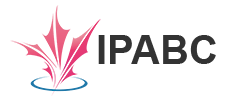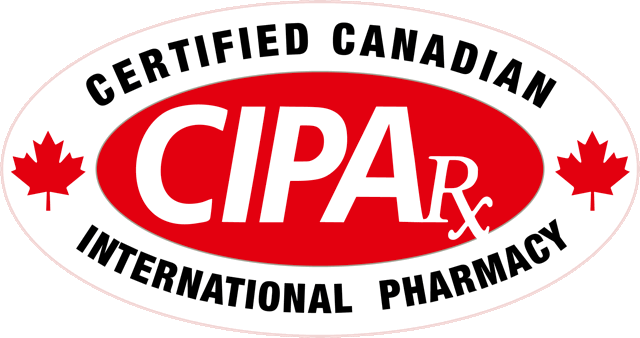What are over the counter drugs?
Over the counter drugs or non-prescription drugs are medications that can be purchased without a doctor’s prescription. These health products are often used to manage aches, itches, colds, or fever. They are generally safe to take if the directions on their label are followed.
OTC medicines are also being regulated in Canada to ensure that they are safe to use and to reduce health risks not just to Canadians but to other people purchasing Canada drugs. All over-the-counter medications that are being sold in each Canadian pharmacy, including online pharmacy, require a valid drug identification number (DIN) as it signifies that such product has met the standards for safety, quality, and effectiveness.
Although taking OTC drugs are considered safe, it is important to keep in mind that there are also some risks to taking them. For instance, some people can be allergic to certain medications. Also, there are some drugs that are not safe for children, the elderly, pregnant, or breastfeeding women.
When buying over the counter drugs from Canada, it is important to thoroughly read the label or information leaflet before taking it. If your signs & symptoms do not resolve or get worse, you must visit your physician. It is not recommended to take non-prescription drugs longer or more frequently than what the label suggests.
Why Choose PharmaPassport for your Non-Prescription Drugs?
PharmaPassport provides safe non-prescription medicines at discounted prices. Non-prescription medicines are also known as over-the-counter (OTC) medicines. We provide a vast list of non-prescription medicines to choose from. You can search for your preferred non-prescription medicine using the search box above or by selecting a letter from below.
Key Differences: Over the Counter Drugs vs Prescription Drugs
Medications have two general classifications that are being utilized to ensure the safety of patients. These classifications are prescription drugs and over-the-counter drugs. This system has been applied for decades but still causes confusion among people.
Mainly, prescription medication are medicines that are prescribed by doctors. They are only intended to be used by the person for whom it is prescribed. Purchasing these products would require valid prescriptions. On the other hand, OTC drugs do not require a doctor’s prescription and can be bought off the shelf in drug stores and in groceries.
Aside from prescription drugs requiring a diagnosis and monitoring from healthcare professionals, they are also more heavily regulated compared to nonprescription drugs. These products are often used for medical treatments of major illness instead of minor ailments.
OTC medications come with appropriate labels for use by the general public. They are not intended for one individual alone. However, same as any other medication, this drug classification still carries risks, like drug allergies, and should be taken with caution.
Key Similarities of OTC Medicine and Prescription Medicine
Medications are used to address different issues, such as medical treatments, disease prevention, and symptoms management. Generally, drugs are classified as prescription drugs and nonprescription drugs. While it is important to distinguish the differences between the two, it is also necessary to note their similarities.
All prescriptions and OTC drugs are being reviewed, authorized, and regulated by the government. In Canada, all health products undergo a certain process in accordance with the guidelines set by Health Canada. The Health Products and Food Branch (HPFB) is in charge of reviewing and monitoring the effectiveness of all drugs for major illness and even minor ailments.
Further, each over-the-counter and prescription medication requires caution when being used. Even OTC medications have risks to them. These risks include drug allergies, drug interactions, and some adverse effects. That being said, patients taking any type of drug should comply with the recommended dosage and use them as suggested by the drug label or the healthcare provider.
Frequently Sold Non-Prescription Drugs
Common Over the Counter Drugs
We regret to inform you that Pharmapassport is currently experiencing disruptions in service due to a power outage. Currently, the call center, email and chat functions of our website may be unavailable. Our teams have been dispatched to tackle this issue head-on and service should hopefully resume momentarily.



